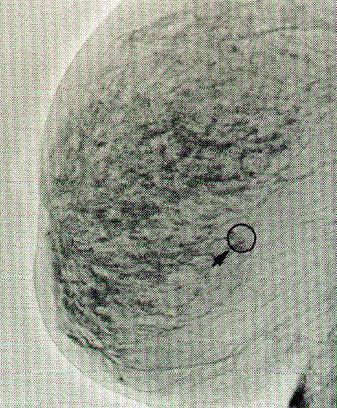
MEDICAL APPLICATIONS...page 2
Drugs & Surgery
Research on biological clocks is shedding new light on standard prescribing
practices for medication. The common instruction to take prescription medication
three times a day with food or at regular intervals throughout the day may not
only be ineffective, it can be counterproductive or even harmful.
Evidence shows that certain medical illnesses whose symptoms show a
circadian rhythm respond better when drugs are coordinated with that rhythm [4].
Medications for asthma, epilepsy, cancer, cardiovascular disease, and allergies
all have shown better results with minimum side effects when given at particular
times. As Lynne Lamberg stated in the journal American Pharmacy, "Circadian
physiologic processes alter drug absorption, distribution, metabolism, and excretion. As a result, drug doses need to be adjusted to meet the differing needs
of target organs or tissue at various times of day" [22].
The implications for cancer treatment are clearly demonstrated by studies
conducted by Dr. Hrushesky at Albany Medical College. In one study, patients
with advanced ovarian cancer received two different drugs at 6 AM and 6 PM.
The second group received the same drugs at the same time but in reverse order.
After five years, 50% of the first group was still alive, but only 10% of the
second group had survived. Chemotherapy drugs are toxic to both the cancer
cells and the host cells, but there may be a time when the body is more resistant
or tolerant to the drugs and the cancer cells more sensitive [4]. The precise
timing of cancer drugs can literally make the difference between life or death.
 The second study involved the
timing of breast cancer surgery with respect to the patient's menstrual cycle.
The study of this group of women five to twelve years after surgery found that
women whose surgery was performed mid-cycle or near ovulation, when estrogen
is highest, had fewer and later recurrences, as opposed to women who had surgery
during the time of menstruation.
The second study involved the
timing of breast cancer surgery with respect to the patient's menstrual cycle.
The study of this group of women five to twelve years after surgery found that
women whose surgery was performed mid-cycle or near ovulation, when estrogen
is highest, had fewer and later recurrences, as opposed to women who had surgery
during the time of menstruation.
Researchers are currently trying to re-educate the medical profession
about the limitations of traditional prescribing practices and the greater
potential benefits of administering medication at the most appropriate time.
In the future, other research will no doubt provide even stronger arguments
for coordinating medical tests and procedures more closely with temporal
information and with influences of the biological clock that have not yet been
discovered [22].
mammogram depicting a tumor in the breast

Accessibility statement
 The second study involved the
timing of breast cancer surgery with respect to the patient's menstrual cycle.
The study of this group of women five to twelve years after surgery found that
women whose surgery was performed mid-cycle or near ovulation, when estrogen
is highest, had fewer and later recurrences, as opposed to women who had surgery
during the time of menstruation.
The second study involved the
timing of breast cancer surgery with respect to the patient's menstrual cycle.
The study of this group of women five to twelve years after surgery found that
women whose surgery was performed mid-cycle or near ovulation, when estrogen
is highest, had fewer and later recurrences, as opposed to women who had surgery
during the time of menstruation.